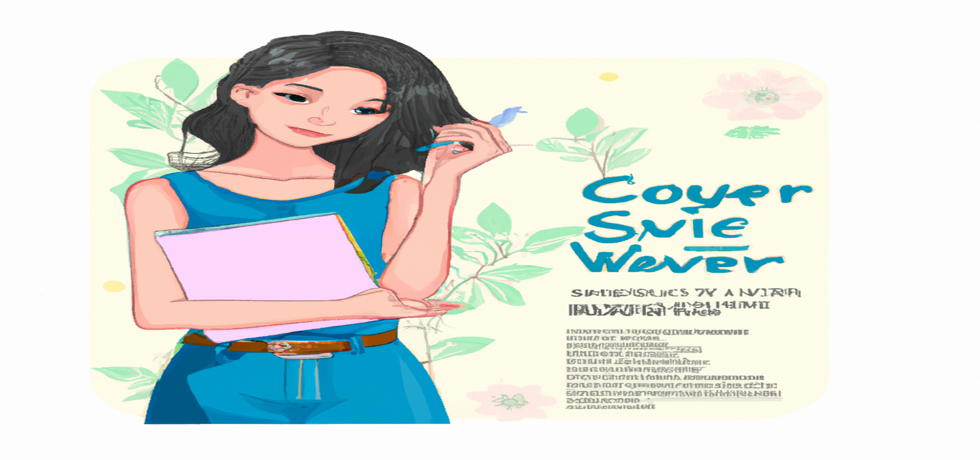
Unraveling the Mystery of Hives
Understanding Hives: The Basics
Have you ever experienced unexpected itchy red bumps on your skin? If so, you might be dealing with hives. Hives, medically known as urticaria, can be an uncomfortable and puzzling condition that millions of people experience at some point in their lives. Whether they are triggered by food allergies, insect stings, or stress, understanding the causes and symptoms of hives is crucial for effective management. In this blog post, we will explore what causes hives, the different types, and how to find relief from this irritating skin condition.
Types and Triggers of Hives
Hives can be classified into acute and chronic types. Acute hives usually resolve on their own and are often triggered by specific allergens like certain foods or medications. On the other hand, chronic hives may appear frequently over several months or longer, greatly impacting your quality of life. Understanding your triggers is essential for effective eczema treatment and management. Common allergens include pet dander, pollen, insect stings, and even extreme weather conditions like heat or cold. By knowing what causes hives to flare up, you can proactively avoid these triggers.
Symptoms You Should Watch For
The most notable symptom of hives is the appearance of raised, itchy welts on the skin. They can vary in size and shape and may move from one area of the body to another. Hives often come with a burning or stinging sensation, making them particularly uncomfortable. While generally not life-threatening, persistent hives can lead to significant discomfort and distress, highlighting the importance of seeking medical advice from a professional. In case of severe reactions, such as difficulty in breathing or swelling of the face and throat, timely intervention is crucial.
Seeking Treatment: What Are Your Options?
If you’re suffering from chronic hives or recurrent flare-ups, consulting a dermatologist or allergist is advisable. They can offer personalized eczema treatment plans tailored to your specific condition and needs. Common treatment options often include antihistamines, topical corticosteroids, and other medications that help alleviate symptoms. Additionally, skin-soothing ointments and creams can assist in calming the skin and reducing irritation. Always consult with healthcare providers to find suitable skincare solutions that are right for you.
Final Thoughts: How to Manage Hives Effectively
Managing hives effectively requires understanding your body and listening to what it tells you. Keep a diary of flare-ups to note potential triggers and discuss them with your healthcare provider. Also, maintain a soothing skincare routine to help mitigate symptoms and promote skin health. Staying educated and aware of your condition can lead to better management and ultimately improve your well-being. A proactive approach can make all the difference when unraveling the mystery of hives.
FAQs About Hives
Q: Can hives be prevented?
A: While not all hives can be prevented, identifying and avoiding known triggers can help reduce the frequency and severity of outbreaks.
A: While not all hives can be prevented, identifying and avoiding known triggers can help reduce the frequency and severity of outbreaks.
Q: Are hives contagious?
A: No, hives themselves are not contagious. They are a reaction to allergens or triggers, not an infectious condition.
For professional assistance and expert advice from leading dermatologists like Dr. Hital Patel, experience the benefits of Unraveling the Mystery of Hives with Hair & Skin Specialist Dr. Hital Patel at The Skin Artistry. Our clinics in PDPU Gandhinagar, Vastrapur Ahmedabad, and Hyderabad (Visiting Consultant) offer top-quality care and personalized treatments. Visit us today to learn more about our services and take advantage of our special offers! For more insights, updates, or to collaborate, stay connected with The Skin Artistry.

